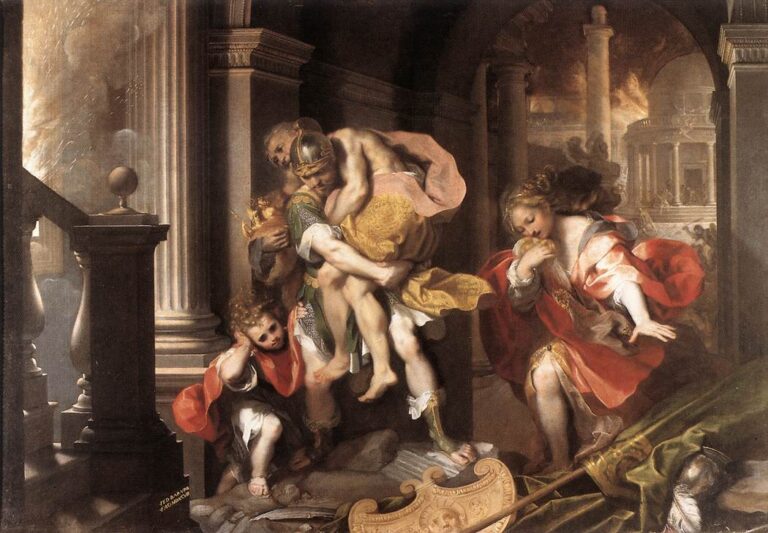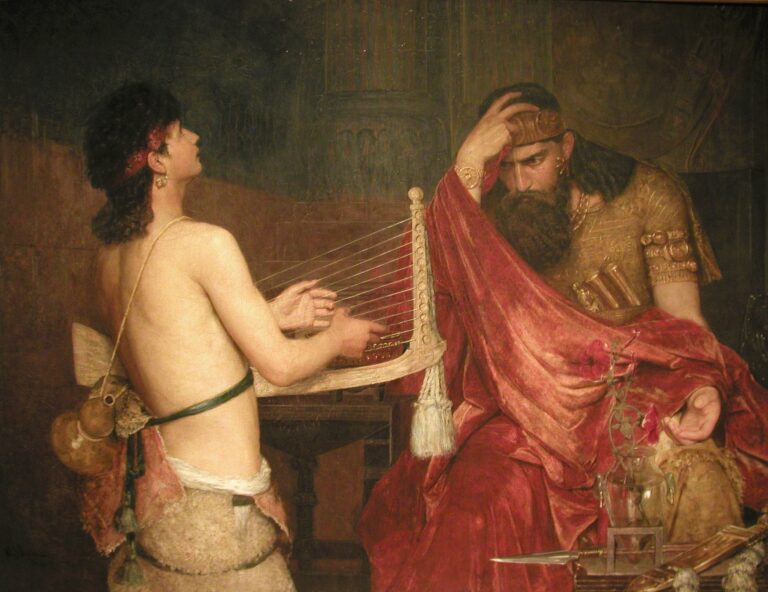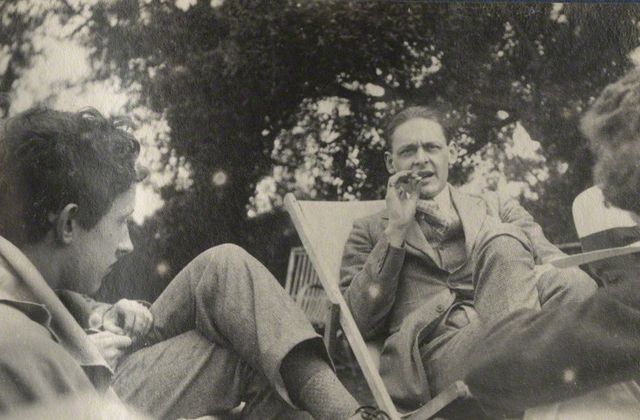God’s Mercy throughout the Plagues of Egypt
When most people think of the book of Exodus, they think of the plagues that God sends upon Egypt and the Ten Commandments He gives to the Israelites. They form an immediate picture of a vengeful God concerned with law and punishment. But in Hillsdale College’s newest online course, “The Exodus Story,” Professor Justin Jackson provides a different perspective, one in which he emphasizes God’s long-suffering mercy and compassion throughout Exodus.
Professor Jackson, who also taught our popular course on Genesis, observes that we tend to miss God’s mercy in Exodus because we miss the logic of the literary narrative of the plagues and the other scenes in Exodus.
When we notice the parallelism and expansion of the text of Exodus, we can see the logical warning that God provides for Pharaoh. In the first plague, God turns the Nile to blood, causing the land to be pervaded with the stench of death. Next, God sends a myriad of frogs to invade the homes of the Egyptians.
As Professor Jackson observes, if we follow the syllogism to its logical conclusion, we see death in the Nile—itself the very lifeforce of Egypt—then we see frogs from the Nile invading the homes of the Egyptians, and we—and Pharaoh—should be able to infer the conclusion that God can bring death into those same homes.
But Pharaoh fails to see—and to heed—the implication of God’s warning, so God continues to send additional plagues as additional warnings. God begins to separate the Israelites and spare them from the plagues, thus making plain to Pharaoh His power to save. Other Egyptians begin to see God’s power and heed His warnings. But Pharaoh hardens his heart and the plagues continue.
As the plagues intensify, Pharaoh finally recognizes that they are pointing to God’s ability to bring death to Egypt. But he does not repent of his rivalry with God because he believes himself to be a god and will not obey another God, even one clearly more powerful than he.
With the ninth plague, God sends total darkness upon the land of Egypt for three days. Professor Jackson reads this as God sending Sheol—the place of the dead that is covered in total darkness where man is unable to see his fellow man—to Egypt so that Pharaoh and the Egyptians experience the true agony of death. God is longsuffering throughout these plagues and continues to warn Pharaoh that this will be his fate if he continues to disobey.
The final plague—the death of the firstborn—convinces Pharaoh to release the Israelites. But even here, as Professor Jackson notes, God shows mercy to Pharaoh who is himself a firstborn of Egypt. God spares Pharaoh and Pharaoh finally relents, even if only for a brief moment. God gives Pharaoh opportunity after opportunity to repent and obey. But Pharaoh refuses to heed God, and he and his army are destroyed when they pursue the Israelites across the Red Sea. Professor Jackson’s literary reading of Exodus helps deepen our understanding of God’s mercy, justice, and love.







